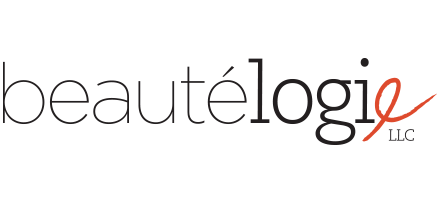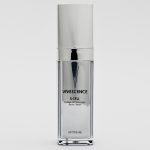Whose English is it anyway?
English language dominates the world as no other language has in the past. It has become the global lingua franca* spoken by more individuals as a second or foreign language than as a first language. For every native English speaker, there are three to four non-native speakers. Native English speakers are in fact a shrinking minority of the world’s Anglophones.
English is the language of business and commerce, science and technology, popular entertainment and the Internet. It has become the dominant medium of communication in the workplace while its teaching is now a lucrative multibillion dollar industry. Its consolidated dominance in academia means that over 50% of all research is published in English. On the Internet, 80% of the world’s electronically stored information is also in English. No matter what their country of origin, many products have a trademark name based on English (Nesquik, Mobistar, Pocari Sweat, GB Quick, etc.).

Some say that English no longer “belongs” to its native speakers. There are many cultural and international forces that change and shape its vocabulary on a daily basis. Prepone is a word used in India as the opposite of postpone. On MTV Latin America the word coolismo defines hip. On the Internet, a form of cyber-English has sprouted words such as browsing, surfing and chat rooms.
All languages are in a perpetual state of flux but English is the most developing and receptive language of the world today. Rich and colorful, it absorbs neologisms and new word formations at a frenetic rate.
The Google/Harvard Study of the Current Number of Words in the English Language is 1,022,000. This number is based on the counting of the words in the 15,000,000 English language books Google has scanned into the ‘Google Corpus’.
Language changes because of new inventions and new concepts and the constant need to name them: cake pop (cooking), double denim (fashion), bitcoin (internet), phablet (telecom), etc.
Similarly to many other areas, the beauty and personal care sector has mushroomed with new terminology. The reason is simple: in the past century or so, it has grown from primarily a local and regional business into a multinational, multibillion-dollar industry.





